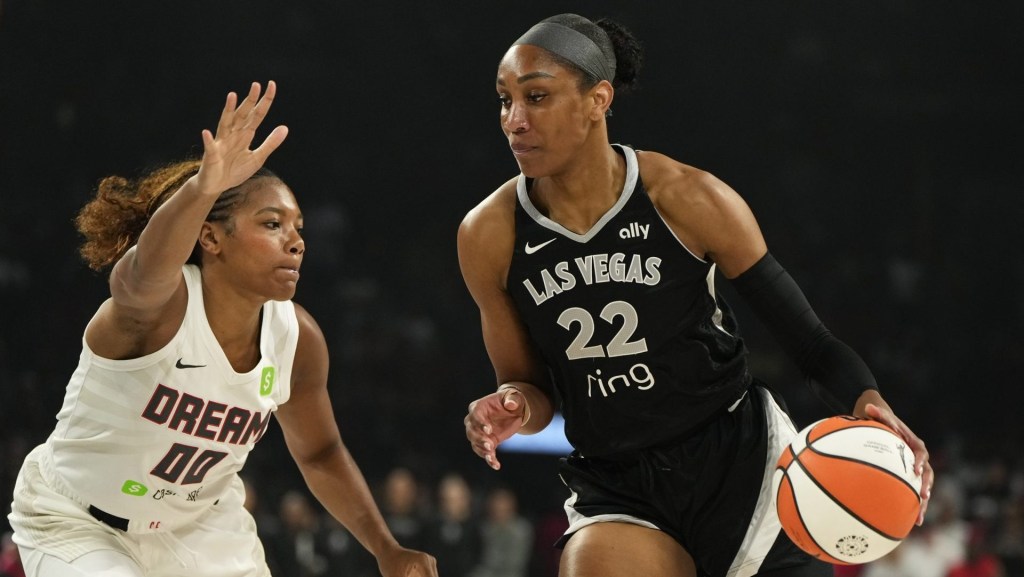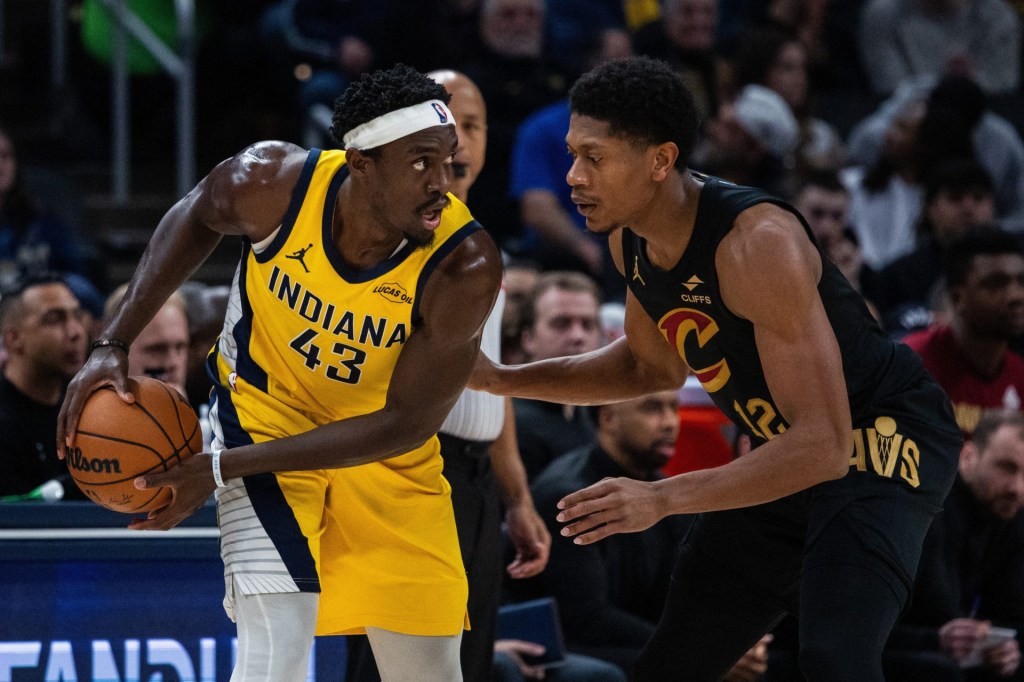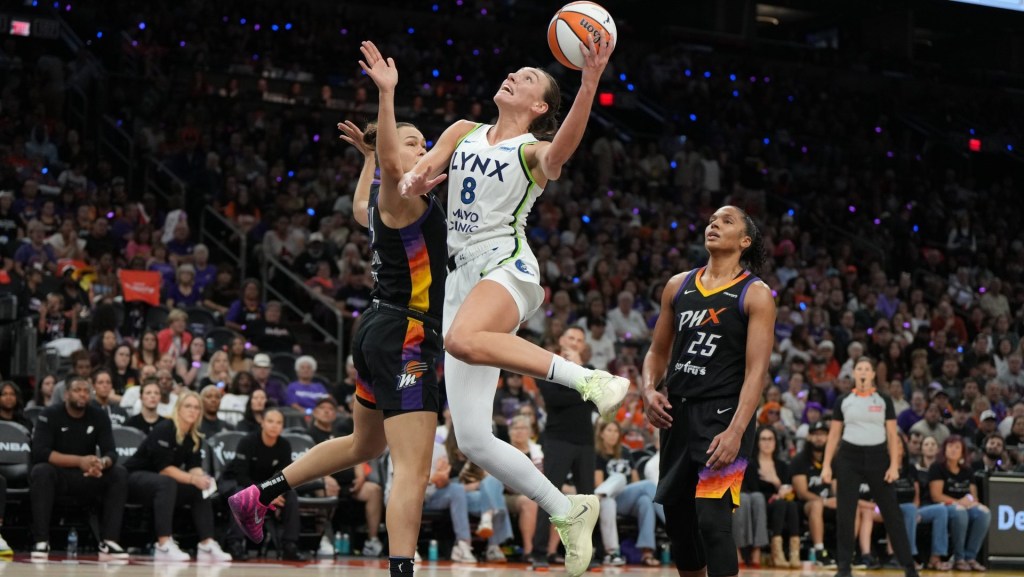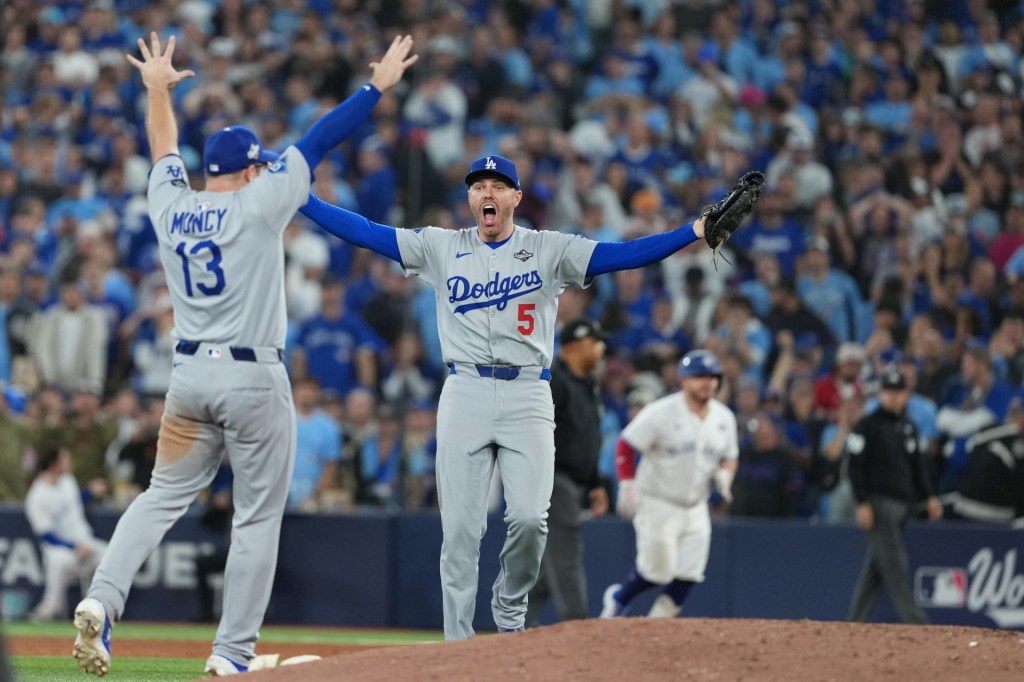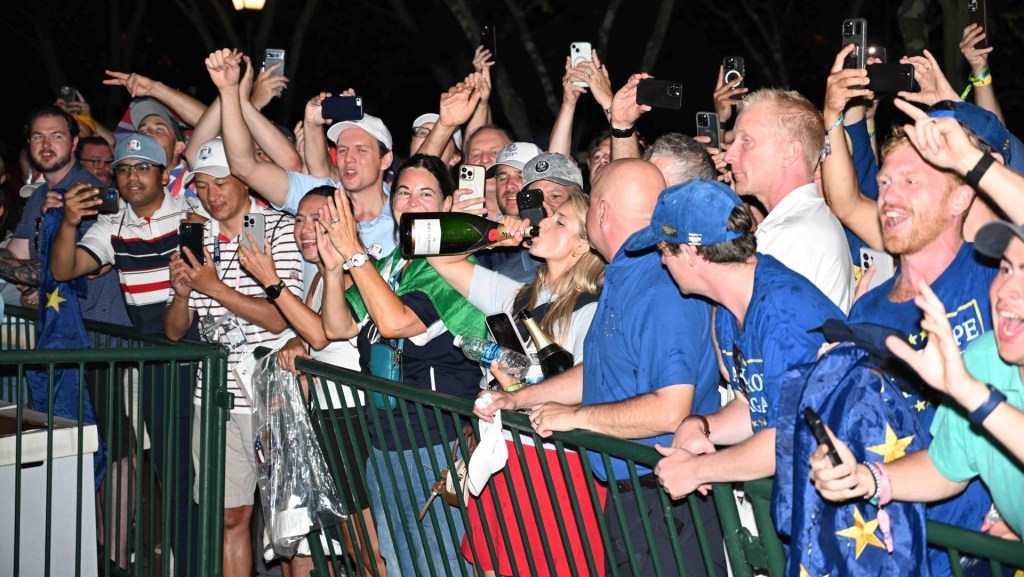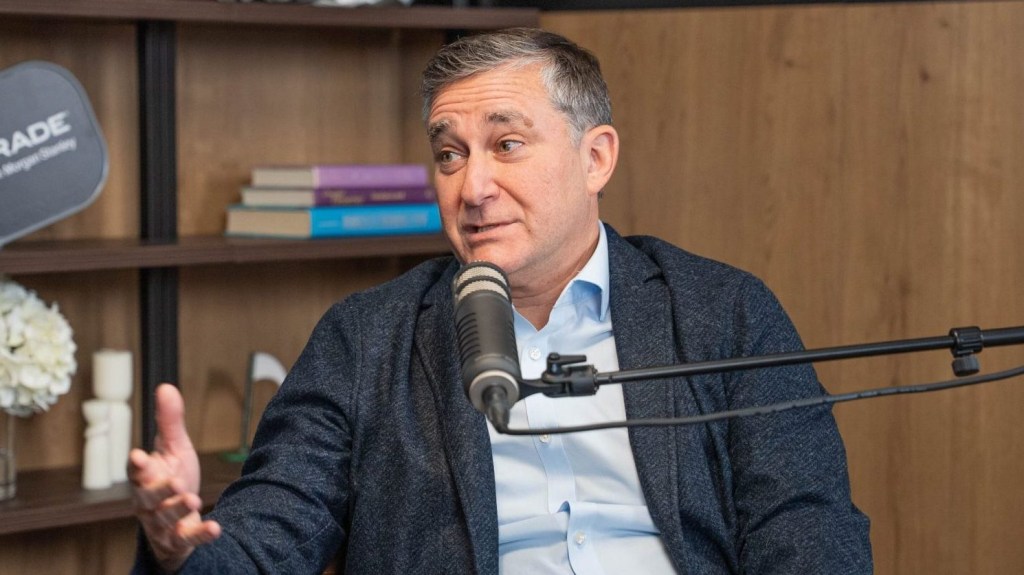As the final horn sounded on the Premier Lacrosse League’s third full season Sunday, the Waterdogs celebrated an 11-9 victory over the Chaos for their first title.
With Philadelphia natives Chris Sabia and Playoff MVP Michael Sowers on the roster, the Waterdogs had something of a home-field advantage at Subaru Park — where another Philly native, Matt Rambo, won the league’s first-ever championship for Whipsnakes on an overtime goal back in 2019.
And while the electricity could certainly be felt in the stadium, there may have been some cognitive dissonance for the audience on ABC — the 18,500-seat stadium was not close to sold out, leaving a bevy of open seats.
That psychological phenomenon is something brothers Paul and Mike Rabil have been battling since they founded the league in 2018.
“Going into the PLL, I remember Mike and I saying, ‘Tickets are important, but they’re not that important from a revenue standpoint,’” says Paul, an all-time great who retired last season to become the league’s president full-time. “Then we learned in our opening season that while we hit our numbers in our P&L, there is this really stark trickle-down impact on the psychology of the fan.”
At the end of “Fate of a Sport” — the documentary about the league’s ascendancy that premiered at Tribeca Film Festival and is being distributed by ESPN — Paul and Mike celebrate their new media rights deal with the Worldwide Leader, a fittingly huge accomplishment that is already paying dividends in its first year.
That moment is a testament to what PLL has accomplished in a very short period of time. But as “Fate” bluntly outlines, the struggles that existed at the league’s onset remain as it looks to penetrate mainstream sports consciousness.
“We have a value at the PLL to persevere through noise,” says Mike, the league’s CEO and commissioner. “We know that there is going to be a lot of noise that comes out and we’re going to have to persevere at times. So it’s kind of part of our DNA at this point.”
Filling The Stands
In the eyes of the brothers Rabil, the PLL is not just one business: it’s six.
“Live broadcast, ticketing, sponsorship, merchandise, youth academies, and our community effort, so our nonprofit arm,” Paul says. “So we have these six companies that all deserve their respective tender, love, and care. And each of them present challenges.”
“You literally have to manage each of those verticals as its own business all the time,” says Mike.
But if there’s one obvious bugaboo, it’s ticketing — which rears its head in the form of attendance.
A scene from the beginning of “Fate of a Sport” shows the energy and immense crowds of the NCAA men’s lacrosse national championship festivities every Memorial Day Weekend — contrasted with the dull, lowly attended games of Major League Lacrosse, PLL’s predecessor.
While PLL’s on-field product and in-stadium entertainment are clearly upgrades from the MLL’s, there are still plenty of open seats each week when the PLL travels the country.
For example, in 2008, an NCAA title-game record 48,970 fans came to watch Syracuse beat Paul Rabil’s Johns Hopkins — a respectable crowd that filled a healthy portion of Gillette Stadium’s 68,756 seats at the time.
Fourteen years later, at the PLL Quarterfinals at the same stadium, one side of Gillette’s lower bowl couldn’t be filled.
A more existential threat could be that lacrosse attendance is trending down across the board: 31,528 fans attended the 2019 NCAA finals — the last pre-pandemic tournament — and only 22,184 went in 2022.
Still, ticket sales are up 20% year-over-year and up 65% from 2019, per Paul. He claims the fact that games are played in smaller venues caps their potential sales — but it might actually help with optics.
“Fifteen thousand in a 70,000-seat arena in Gillette feels different,” he says. “On the flip side, if you go to a 4,500- or an 8,000-seat venue, and you sell it out, it feels f—ing great.”
Indeed, the league sold out four events this season — but they were at small stadiums in lacrosse hotbeds.
- Albany, NY (8,500-seat Tom & Mary Casey Stadium)
- Baltimore, MD (8,500-seat Homewood Field)
- Fairfield, CT (3,500-seat Rafferty Stadium)
- Denver, CO (3,000-seat Barton Stadium)
“Attendance is people’s time, and getting people’s time is the most difficult thing to do,” says Mike. “You talk to any sports operator, any league, any team, the part of the business they hate the most is ticket sales.”
The PLL attempted to remedy this by adopting its signature touring model — an advantage for spreading the game and testing different markets, but a disadvantage because the league doesn’t own its own real estate.
“We don’t get a lot of the venues we want to go to,” Mike says. “There are a lot of venues out there that are better sized for the PLL, you know, 10,000-person [collegiate] stadiums. They won’t even return our calls because they don’t need to. The universities have huge endowments.”
As such, the brothers are keeping all of their options open.
Paul floats the possibility of the league keeping the touring model into the future, maintaining the PLL’s single-entity structure but with regional investor operators (like MLS), or even restructuring the league entirely into a trade association (like the NBA, NFL, etc.).
“If we go the franchise route, I think what we want to find is really acute business people who understand the business of sports media, want to build something in their local community with us, have the capital to do it for a long time, and they’re passionate about the sport,” says Mike.
Business Partners
But as Paul says, tickets aren’t everything; its other five “businesses” have shown a lot of promise — particularly sponsorship.
“I feel like sports with new media are becoming more of a sponsorship business than a media business,” says Paul. “We do a really good job with sponsorship. We continue to beat our numbers that we project year-to-year.”
That’s evident in the names of the league’s official partners.
- Gatorade signed a multi-year extension last year to continue on as the PLL’s official sports drink.
- Champion swooped in to snag the uniform sponsorship from Adidas before the 2022 season — and has launched innovations such as a throwback weekend featuring old-school mesh jerseys.
- Ticketmaster is the presenting sponsor of the league itself.
- Cash App became the presenting sponsor of the PLL Championship, and has its name on a brand new championship trophy designed by Tiffany & Co.
Cash App, in particular, has been a big supporter of the league and players — and on Sunday, it surprised the champion Waterdogs with a $50,000 bonus check.
The Waterdogs’ win should add to the league’s successful merchandise operation, too. The team has had a connection with Barstool Sports’ podcast “Pardon My Take” since joining the league in 2020, and the two collaborated on championship shirts.
On the ground at PLL events, lines at the officially licensed pop-up merch stands are long and fans are happy to wait in them.
“Our per-cap numbers — meaning people that are on-site buying merchandise at games — are top of the industry,” Paul says. “But we really look at merchandise as a 365-directed garment business.”
Growing The Game
People who love lacrosse will always watch the PLL. Now it’s a matter of convincing casual, or indifferent, fans.
The sport will have a prime opportunity to showcase itself in the runup to the 2028 Olympics in Los Angeles, where it is hoping lacrosse will be featured for the first time.
Part of that effort is pitching the faster Sixes version of the game — which is the format PLL will be using when it hosts the revamped offseason Championship Series in February 2023.
“We’re very keyed into this, not only from a player and fan perspective with the Championship Series, but what it can mean for 2028,” says Mike. “We can’t just talk about it. We have to be about it and we have to invest our own dollars as well to really try to build the sport.”
The Championship Series also creates more opportunities for the players to showcase their abilities and make money — both top priorities for the league.
Ultimately, the open seats at Sunday’s Championship Game are inconsequential to Paul and Mike Rabil. They know what they have.
“We’ve gotten to a place where we’re like, ‘Okay, this model works,’” Mike says. “‘How do we pour more gasoline on it?’”
Pro Lacrosse Talk’s Hutton Jackson contributed reporting for this story.
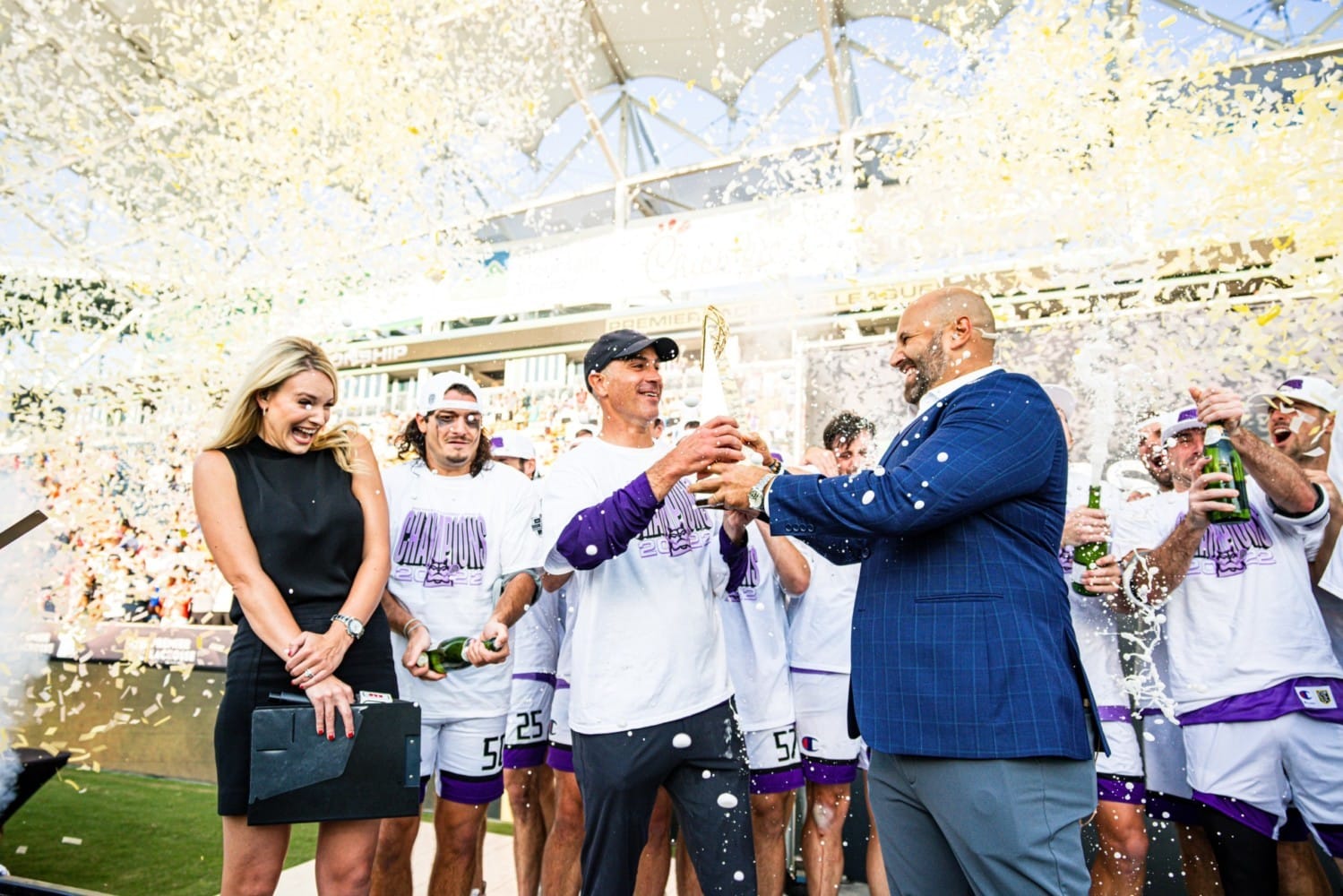
![[Subscription Customers Only] Jul 13, 2025; East Rutherford, New Jersey, USA; Chelsea FC midfielder Cole Palmer (10) celebrates winning the final of the 2025 FIFA Club World Cup at MetLife Stadium](https://frontofficesports.com/wp-content/uploads/2026/02/USATSI_26636703-scaled-e1770932227605.jpg?quality=100&w=1024)







